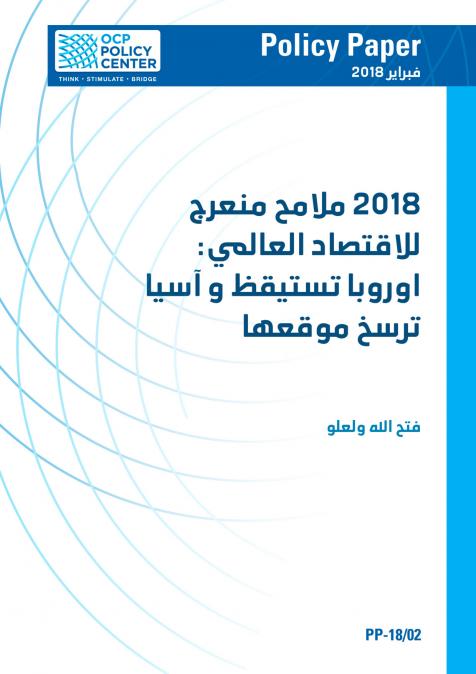Publications /
Book / Report
Energy is at the core of the remarkable current transitions in the global economy and geopolitics, and natural gas plays a crucial role in these processes. In this context of rapidly evolving trends at the market level and developing dynamics between regional and global actors, The Future of Natural Gas aims at analysing the role of natural gas in the future energy mix by considering several key factors: the ambitious climate policies agreed by the international community, cost issues, and the role of technological innovation in the broader global gas picture. Starting from this analysis, the volume adopts a geographical approach to take into account the significant variability in the global perspective for gas markets. Focusing on major developments in the main supplying and consuming regions and countries, it considers geological factors, the development of internal policy and regulatory frameworks, the evolution of gas consumption patterns, as well as export and import strategies elaborated by key regional and global gas players. The Future of Natural Gas is thus an in-depth analysis of some of the fastest moving gas markets, attempting to define the trends of a resource that will have a decisive role in shaping the global economy and modelling the geopolitical dynamics in the next decades.






